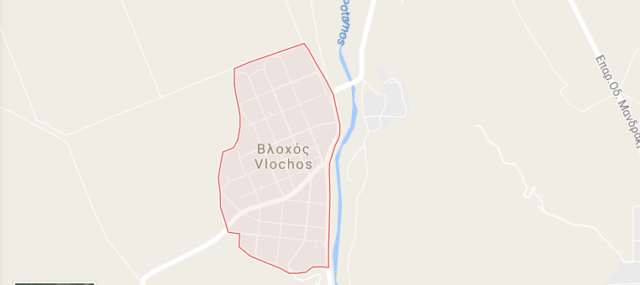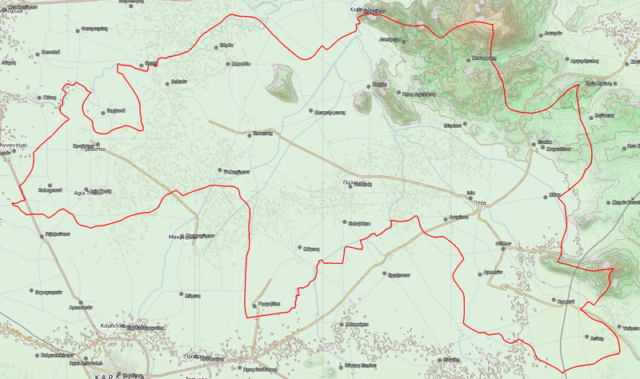Archaeologists working on a site in Greece have recently issued a press release in order to clarify that the ruined city they are investigating is not a new discovery. This is in large part a response to a flurry of reports published by the media that state that the ruins of the lost city of Vlochos is a new discovery. The project, a collaboration between Greece, Sweden, and Britain, published the press release on 13 December 2016. Furthermore, there has been some misleading information in the media reports about their work. In the press release, they were quick to point out that the ancient site has been well known to the locals for over 200 years. The purpose of the Vlochos Archaeologist Project (VLAP), was to uncover the unknown parts of the site. The project’s hope now to be able to put those discoveries into perspective.

Vlochos, which is in the municipality of Palamás, Thessaly, Greece, received a lot of media attention and since then there has been much inaccuracy in the reports. It is the examples of misreporting that the archaeologists wanted to correct. Contrary to certain reports, the archaeologists have not removed any finds from the site and all finds will be staying in Greece.
The press release stressed that this was a collaborative effort with the aim of putting into context any new discoveries made at the site. The archaeologists were able to confirm that the site used to be an urban settlement, based on the fact that it is quite large. But it would take further discoveries before the project could confirm that it had actually been a city.

The press release stressed that certain reports had been exaggerating and the site was well known to the local archaeologist services. The project team consists of members from the Ephorate Antiquities of Karditsa, the University of Gothenburg (Sweden), and the University of Bournemouth (UK). All members are shouldering equal responsibilities and have equal tasks at the site. At the moment, the project could not provide any definitive answers as work was still continuing at the site. What researchers could confirm were, they said, only preliminary deductions based on several different theories and a preliminary analysis of what the remains show and that these were based on more or less unsystematic observations, GreekReporter.com reported.
They hoped that their press release would provide the necessary clarity. They welcomed the interest but requested that reporting regarding their work was accurate.
